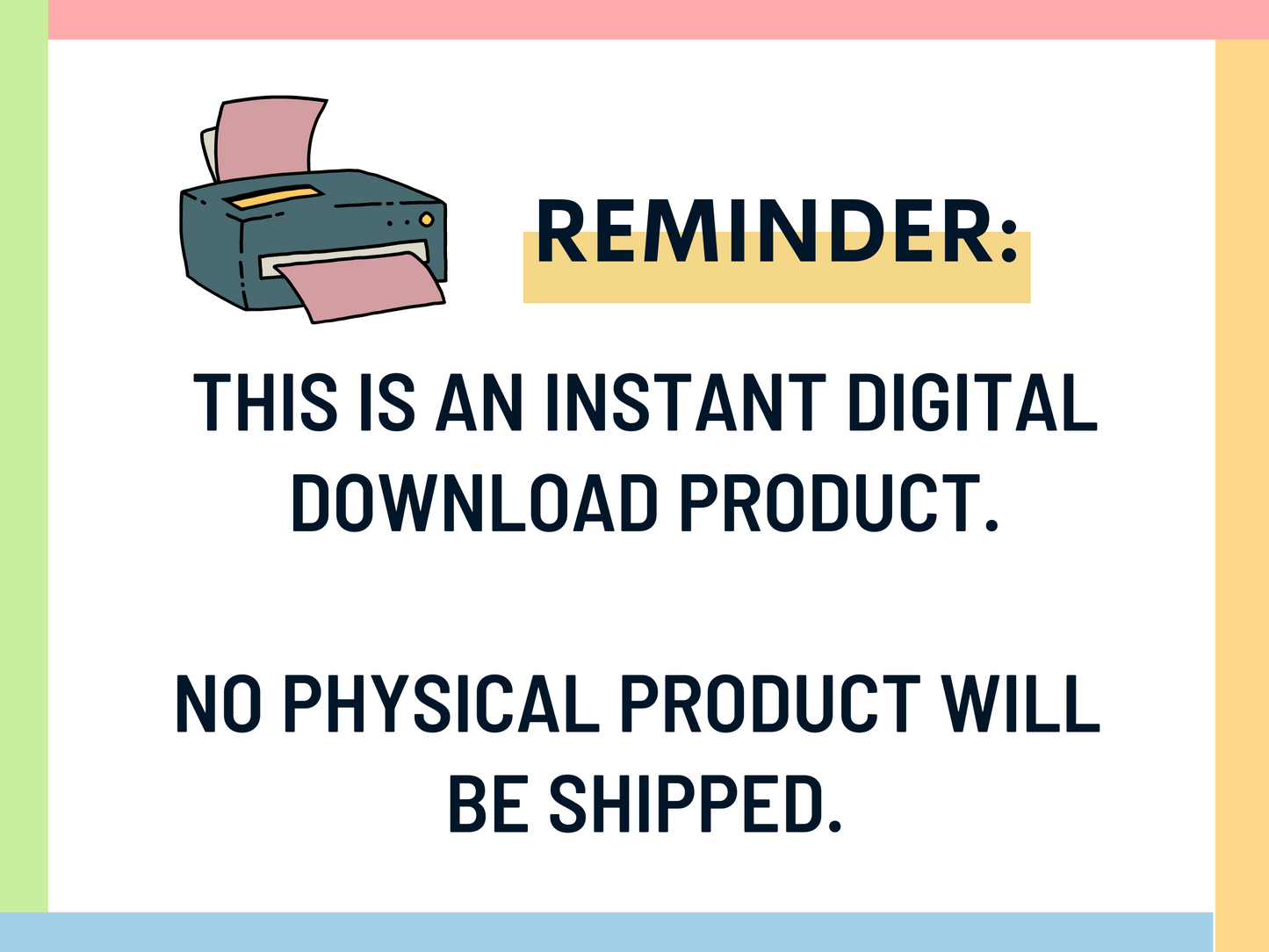Happiness Brain Chemicals



There are four brain chemicals that contribute to feeling happy: dopamine, oxytocin, serotonin, and endorphins. They have distinct functions that enable an individual to feel more balanced and positive. Research shows that certain activities, such as exercise, can naturally activate these brain chemicals.
The Happiness Brain Chemicals handout serves as a guide that describes the role of each brain chemical and how being deficient in each chemical affects you. To increase happiness levels, clients are given a list of tips, such as completing something on their to-do list, celebrating small successes, self-massage, and meditation.
This poster can give kids and teens a sense of control over their wellness since they now understand that their behaviors have an impact on their brain chemistry. Caring adults can encourage kids to practice one mood-boosting activity each day to learn how different activities make them feel.
*This item is an instant digital download. A link to download your files will be emailed to you once payment is confirmed.
Want more resources like this? Check out our full catalog of depression worksheets and handouts.
References:
- Baixauli, E. (2017). Happiness: Role of dopamine and serotonin on mood and negative emotions. Emergency Medicine: Open Access, 07(02). https://doi.org/10.4172/2165-7548.1000350
- DFARHUD, D., MALMIR, M., & KHANAHMADI, M. (2014). Happiness & Health: The Biological Factors- Systematic Review Article. Iranian Journal of Public Health, 43(11), 1468-1477. https://www.ncbi.nlm.nih.gov/pmc/articles/PMC4449495/
- Dsouza, J. M., Chakraborty, A., & Veigas, J. (2020). Biological connection to the feeling of happiness. Journal of Clinical and Diagnostic Research. https://doi.org/10.7860/jcdr/2020/45423.14092
- Instant digital download
- File: PDF
- Size: 8.5" x 11"
Frequently Asked Questions
Super helpful tool to have!
Already using the handout. Thanks!
VERY INFORMATIVE AND EASY TO UNDERSTAND :)
The format makes the information easy to digest in small doses! This one-page document provides the scientific information with strategies to increase our level of happiness.
Thank you, B! Please don't forget to check our other worksheets, handouts, and posters.
Amazing quality, wonderful information to share




